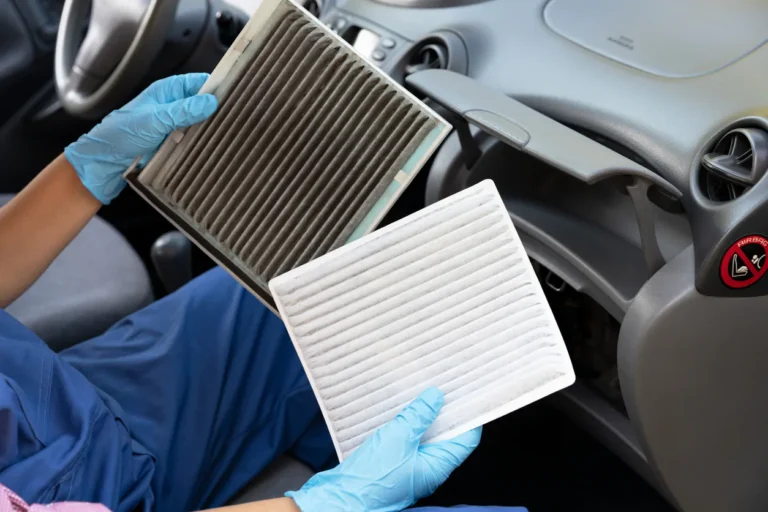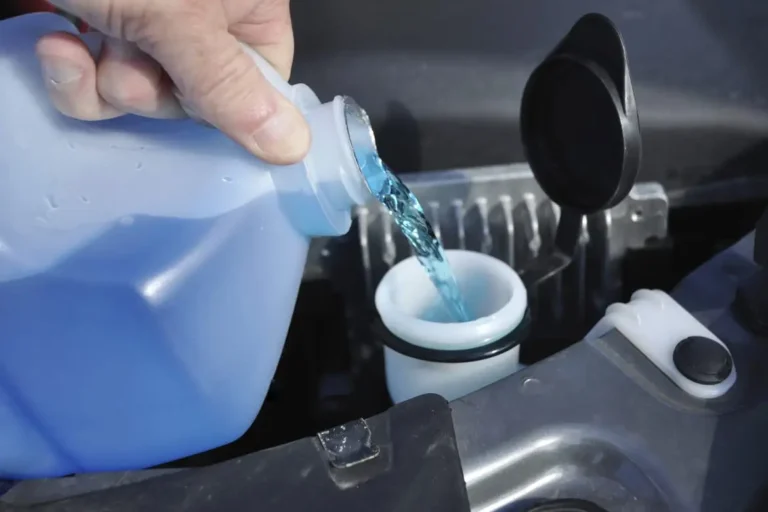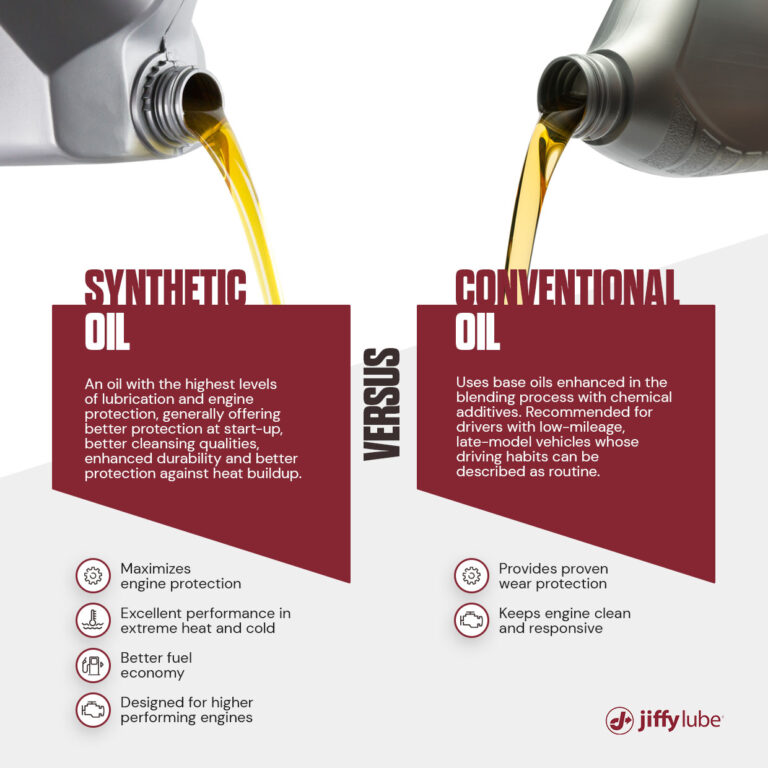Will Vinegar Damage Car Paint?

Vinegar is a commonly used household product with many applications, but when it comes to car paint, the answer isn’t as simple as “yes” or “no.” While vinegar may not immediately damage car paint, it can cause long-term harm if used incorrectly. Here’s a closer look at how vinegar interacts with your car’s finish and whether it’s safe to use.
Why Would You Use Vinegar on Car Paint?
1. Cleaning Purposes
Vinegar is often used for cleaning purposes due to its natural acidity and ability to dissolve dirt, grease, and other contaminants. Some car owners use it as a cheap and effective cleaner for removing stubborn substances like bird droppings, sap, or tar.
2. Dealing with Water Spots
Vinegar can help remove water spots caused by minerals left behind after water evaporates, especially if they’re left to dry for too long.
How Vinegar Can Affect Car Paint
1. Acidic Nature of Vinegar
Vinegar has a low pH (around 2-3), meaning it’s acidic. While this acidity can help break down grime, it can also affect your car’s paint if left on too long. Prolonged exposure to vinegar can slowly eat away at the protective layers of the paint, causing the finish to fade, wear, or even peel in some cases.
2. Potential for Streaking and Discoloration
If vinegar is applied directly to a dirty surface or in high concentrations, it may leave behind streaks or cause discoloration, especially on darker-colored paint. This can lead to an uneven or dull-looking finish.
3. Effect on Wax or Sealant
Vinegar can strip wax or sealant from your car’s paint, which is important for protection against the elements. When this protective layer is removed, your car is more vulnerable to the sun’s UV rays, dirt, and environmental contaminants, which can lead to oxidation or other types of paint damage.
How to Safely Use Vinegar on Car Paint
If you still want to use vinegar to clean your car, it’s important to do so safely to avoid damaging the paint. Here’s how:
1. Dilute the Vinegar
Always dilute vinegar with water before applying it to your car’s surface. A common ratio is 1 part vinegar to 3 parts water. This reduces the acidity and helps prevent damage to the paint.
2. Test in an Unseen Area
Before applying vinegar to your entire car, it’s wise to test it on a small, inconspicuous area of the vehicle, such as the underside of the bumper or the lower part of the door. This ensures that it won’t cause any adverse effects.
3. Rinse Immediately
After using vinegar, be sure to rinse the area with plenty of clean water to remove any residual vinegar and prevent it from drying on the surface.
4. Follow Up with Waxing
Since vinegar can strip away wax, it’s a good idea to reapply wax or a paint sealant after using vinegar. This will help restore protection to your car’s paint and maintain its shine.
Alternative Cleaning Solutions for Car Paint
If you’re concerned about using vinegar on your car’s paint, there are safer alternatives available that are specifically designed for automotive care:
1. Automotive Detailing Products
Car detailing sprays, cleaners, and wipes are designed to clean your car without harming the paint. Look for products labeled as paint-safe and non-abrasive.
2. Soap and Water
A simple mix of car-specific soap and water is usually sufficient for routine cleaning. It’s gentle on the paint and can remove most dirt and grime.
3. Clay Bars
For stubborn contaminants like tree sap, a clay bar can safely remove them without damaging the paint. This is a common detailing method used by professionals.
FAQs
1. Can I use vinegar to remove water spots on my car?
Yes, vinegar can help remove water spots when diluted with water. Apply it carefully and rinse immediately to avoid damage.
2. Will vinegar remove scratches from car paint?
No, vinegar will not fix or remove scratches. For scratches, you should use scratch removal products or take your car to a professional for paint correction.
3. Is it safe to use vinegar on car windows?
Yes, vinegar is generally safe for cleaning car windows, as long as it is diluted and not left to sit for too long. Be sure to clean off the residue promptly.
4. Can vinegar be used to clean car upholstery?
Vinegar can be used on car upholstery (such as fabric seats) to remove odors and stains. However, be sure to test a small area first, as the acidity might affect certain materials.
Conclusion
While vinegar can be a useful and inexpensive cleaning tool, it should be used cautiously on your car’s paint. Undiluted vinegar or prolonged exposure can cause damage over time, including stripping wax or causing discoloration. If you choose to use vinegar, always dilute it, test it in an inconspicuous area, and rinse it off immediately. For regular car cleaning, consider using products specifically designed for automotive care to protect your car’s finish and keep it looking great.
Also Check:
• Can a Crankshaft Sensor Cause No Start?





